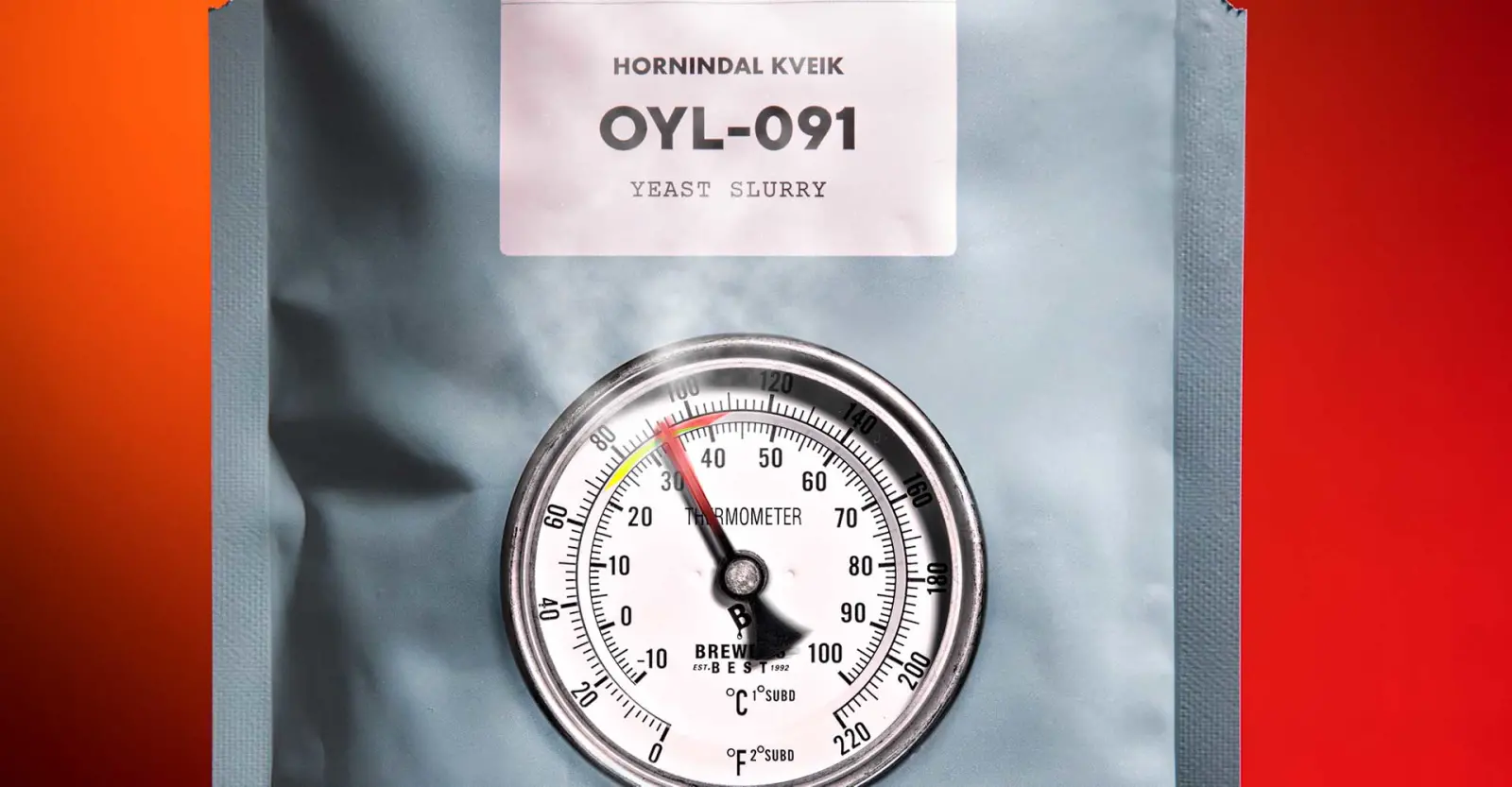
Q&A: 3 Fonteinen’s Werner van Obberghen
The business of supporting a creative brewing and blending enterprise is always delicate, but in the case of 3 Fonteinen, the weight of history and the expectations that come with brewing inside a storied tradition can create additional challenges.


















